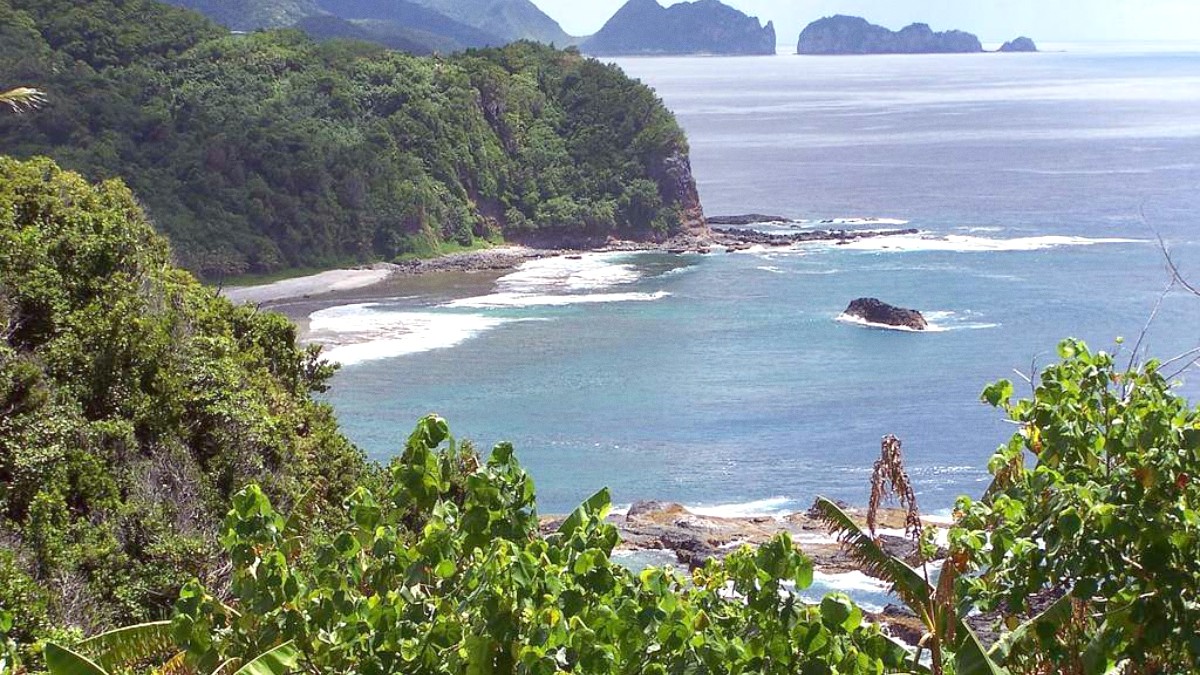
Samoa
Samoa has national parks (e.g., O Le Pupu Pu'e) and marine protected areas (e.g., Palolo Deep Marine Reserve). Visiting these areas and paying entrance fees supports conservation and local community income.
Waste disposal infrastructure is limited, especially outside Apia. Plastic pollution is a concern. Reduce your plastic use and carry out any trash you generate.
Freshwater resources can experience strain during dry periods. Be mindful of your water usage, take shorter showers, and turn off taps when not in use.
Samoa’s natural beauty is a main draw. Responsible practices maintain its pristine condition.
Minimize your plastic use during your trip. Carry a reusable water bottle; a filtered one like the Klean Kanteen Insulated Stainless Steel Water Bottle makes safe refilling possible. Use a Reusable shopping bag for market visits.
Look for accommodations and tour operators that demonstrate commitments to environmental protection. Inquire about their sustainability practices when booking.
For outdoor gear that aligns with sustainable practices, explore options from companies committed to environmental responsibility.
Shop PatagoniaReduce your environmental footprint with reusable products for your travels, minimizing single-use plastic waste.
Discover Package Free ShopAdhere to all rules and guidelines posted in protected areas. Do not touch or take marine life, supporting the preservation of Samoa's delicate ecosystems.
Your actions reflect on all visitors. Mindful interaction with Samoan culture creates a positive exchange.
Uphold initiatives that actively preserve traditional Samoan culture, language, and customs. This includes visiting cultural villages that demonstrate traditional practices.
Your demeanor and actions directly influence your cultural exchange. Simple gestures of respect go a long way.
Be mindful of privacy and the sacred nature of certain places.
Always ask permission before taking photos of individuals, especially children. Observe signs or ask permission for photography rules at specific locations. Respect any requests not to be photographed.
When visiting churches or other religious sites, dress respectfully (shoulders and knees covered). Remove your shoes before entering. Do not disrupt services, and speak in a quiet voice.
Observe the Sunday "sa" (prayer hour) as a sign of deep respect. This period, often from 6:00 PM to 7:00 PM, calls for quiet and cessation of activities in villages.
Embracing Fa'a Samoa enriches your travel. Small efforts to respect customs open doors to cultural understanding and warmer local interactions.
Your travel spending can positively affect the local economy. Choose businesses that benefit Samoan communities directly.
Opt for accommodations like traditional beach fales or tours directly operated by local communities. This ensures that the economic benefits from your visit stay within the local economy.
When purchasing handicrafts or souvenirs, buy directly from local artisans at markets or small local shops. This supports individual craftspeople and upholds traditional skills.
Maximize your positive impact by prioritizing local services and being aware of ethical considerations.
Choose local restaurants, cafes, and shops whenever possible. Use local transport options like public buses and taxis. Hire local guides for tours. This direct support benefits local entrepreneurs and maintains money flow within Samoa.
Be aware of local labor laws. All interactions with locals and culture should be respectful and avoid exploitation. For example, avoid engaging in activities that might involve exploitative animal interactions.
If you wish to donate, do so through established local charities, schools, or community projects rather than giving directly to individuals. Direct cash handouts may foster begging and dependency.
Always prioritize interactions that respect local dignity and autonomy. Avoid any practices that may perpetuate dependency or exploit local resources.
By consciously choosing local businesses and community-based initiatives, you directly contribute to the sustainable development and well-being of Samoan communities.